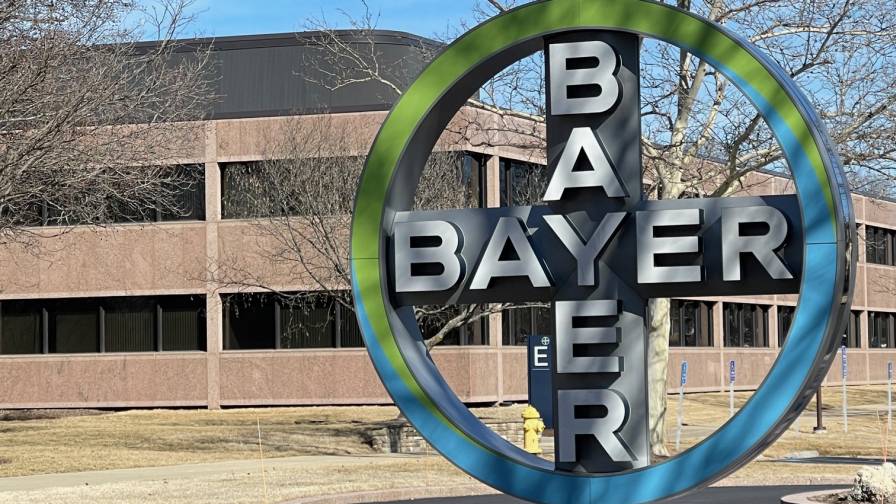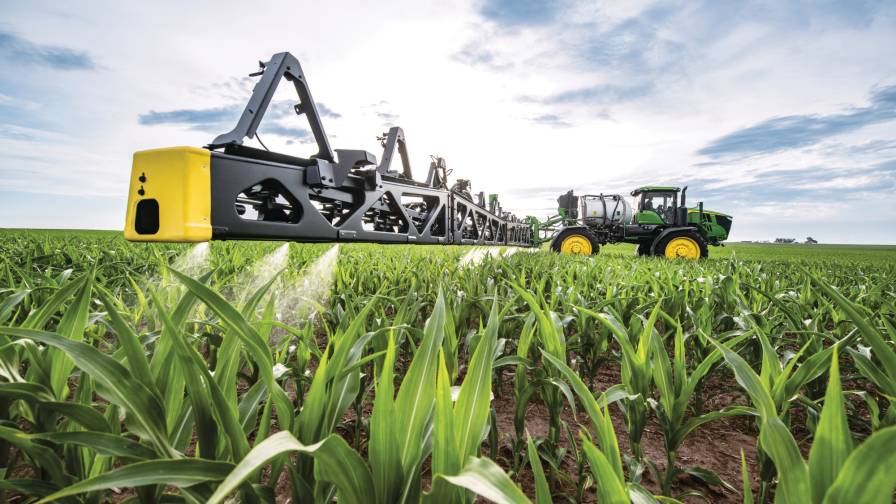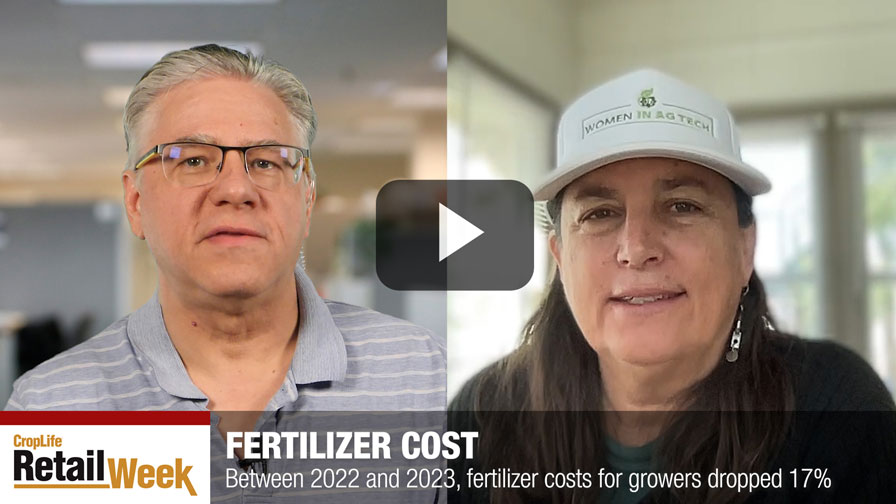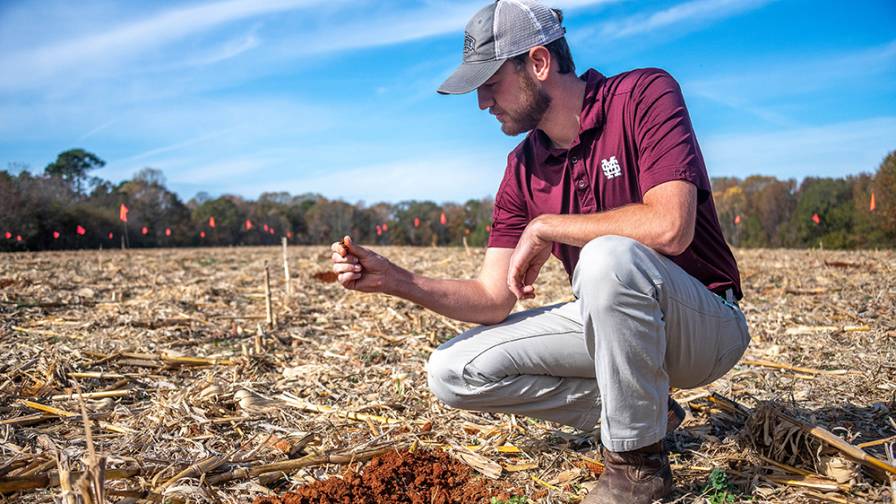Do You (And Your Grower-Customers) Need Soybean Inoculants?
Rhizhobial bacteria have a great symbiotic relationship with the legumes. Many farmers inoculate their soybean seed with inoculants containing Bradyrhizobia japonicum to ensure they have ample nitrogen-fixing nodules on the roots. This is an inexpensive way to ensure they have more than enough bacteria to do the job, according to Dave Nanda, Director of Genetics and Technology for Seed Consultants, Inc.
Do you need the inoculants and if so, what kind should you use? How do you know if there is a shortage of these microorganisms that get grab free nitrogen from the air and add it to your soils? Progressive retailers and growers are always trying to enhance their yields and profitability. Here are six key considerations for helping them decide on whether soybean inoculants make sense.
- Crop rotations that involve soybeans have not shown significant yield increases from the addition of seed inoculants.
- If you have been using corn after corn on a certain farm for several years and would like to grow soybeans now, using inoculants on beans should be very useful.
- Soil types with high organic matter with soybeans as a rotation crop may not need inoculants. However, in soils with low organic matter, and higher sand levels, inoculants may increase soybean yields and add nitrogen to the soil for the following crop.
- If the soil pH is lower than 5.0 or higher than 8.0, seed inoculants are recommended.
- Inoculants may be useful on ground with flooding for several days or severe water stress.
- Some growth promoters are combined with seed inoculants that help in plant stand establishment. These products can promote early growth and produce more nitrogen-fixing nodules. You may want to use the inoculants with growth promoters and life extenders with improved shelf-life.






